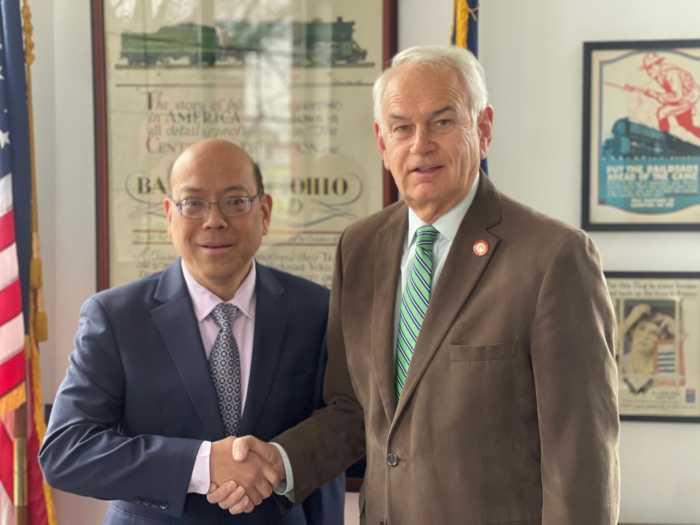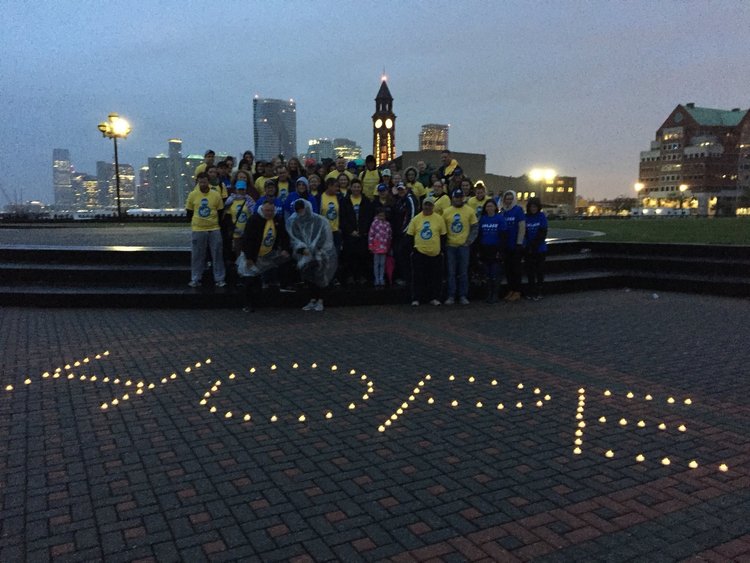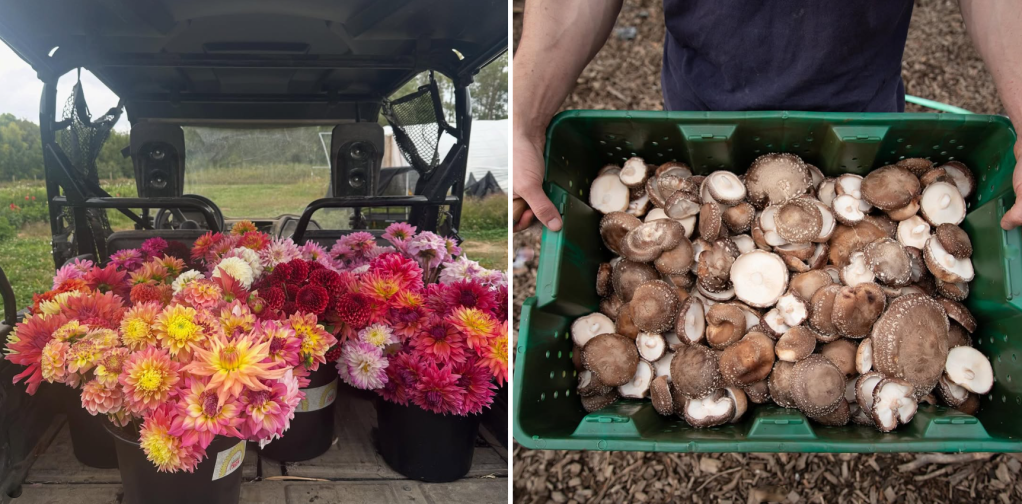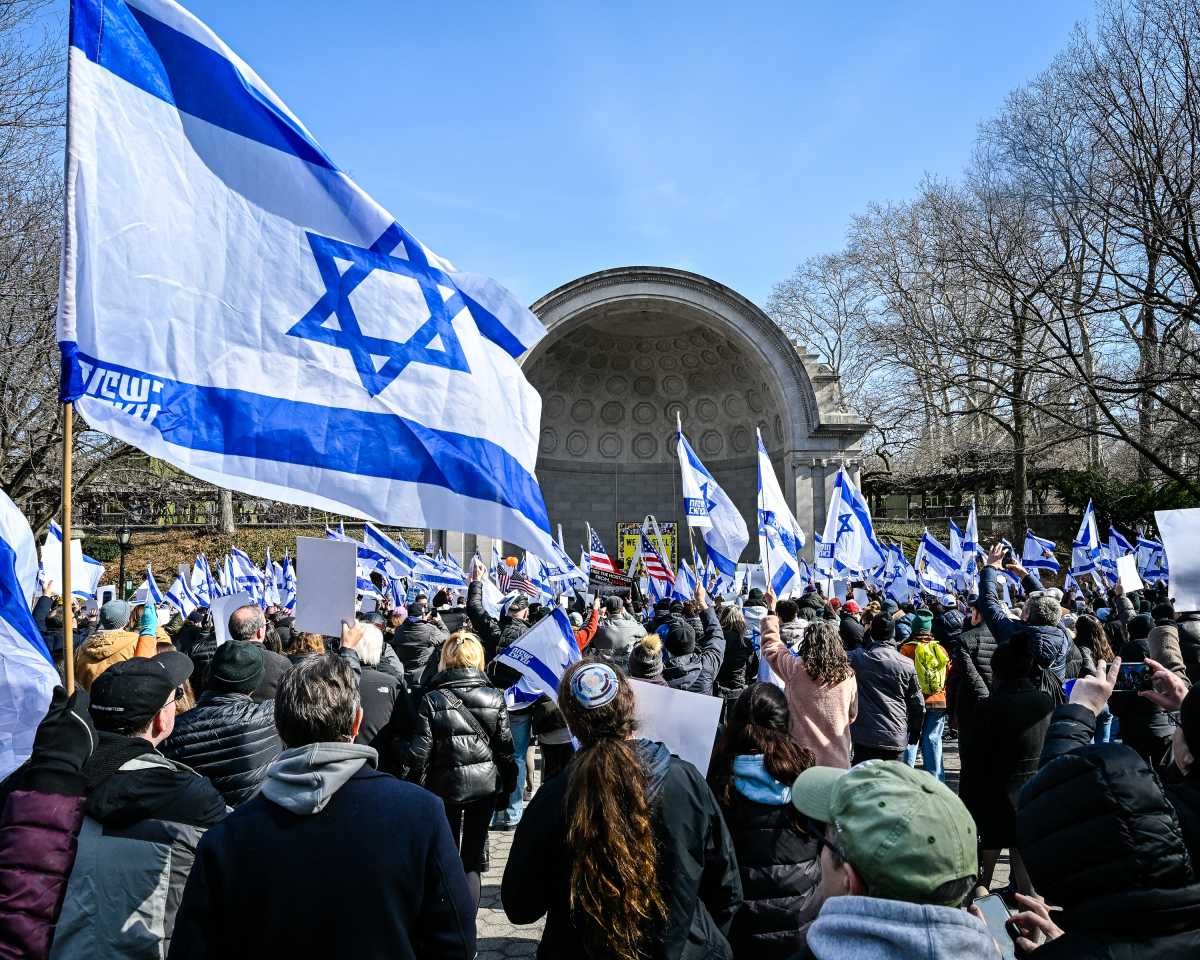By Ayala Ben-Yehuda and Courtney Dentch
The city Health Department announced last week that West Nile virus has been discovered in two new locations in Queens, just days before City Councilman James Sanders Jr. (D-Laurelton) held an emergency town hall meeting in Rosedale to discuss the outbreak.
Mosquito pools at the Queens Farm Museum in Floral Park and Jamaica Bay tested positive for the virus, the Health Department announced Friday, a discovery that brings the number of West Nile-positive areas in the borough to three. The Health Department had previously announced the discovery of the virus in Rosedale’s Brookville Park.
“We have increased surveillance in that area and set up six more traps,” Assistant Health Commissioner James Gibson told Monday’s Rosedale meeting. “There is no additional evidence that the virus is persistent in that area, so we have not decided to apply pesticide.”
A Health Department spokeswoman would not reveal the exact locations of the mosquito pools in Jamaica Bay that had tested positive for the virus, saying the agency wanted to prevent the public from tampering with the traps.
Last week marked the first time West Nile virus was confirmed to have been found in all five boroughs. In addition to the Queens locations, the Health Department said the virus had been found in Brooklyn’s Green-Wood Cemetery, the Hunts Point section of the Bronx and Manhattan’s Central Park North.
West Nile was also found in the Willowbrook Park area of Staten Island, the agency announced July 17.
Air spraying of larvicide was scheduled in Staten Island from Wednesday, July 30, to Friday, Aug. 1, and pesticides to control the adult mosquito populations were slated to be sprayed in Green-Wood Cemetery in Brooklyn this week.
“It’s concerning that there may be some sickness as a result of this, but to prematurely start spraying with the possible health consequences of that is concerning as well,” said Richard Hellenbrecht, chairman of Community Board 13 in southeast Queens, which covers Brookville Park and Floral Park. “I think it’s better to be a little bit conservative in this case.”
Although Gibson assured those at Monday’s meeting that the pesticide is used according to instructions, he also recommended people stay inside while their neighborhood is being sprayed and that they close air conditioning vents that could draw the chemicals into their homes.
“We are very careful with how we use it,” Gibson said of the pesticides. “We don’t use it unless we need to. We only use it when there is an imminent threat to public health.”
This spring ecologically sound larvicide was applied to all water bodies in Queens parks as well as catch basins that collect storm water, said Liam Kavanagh, deputy commissioner for the Parks Department. The larvicide is a biological product that only affects mosquitoes and related insects, Gibson said.
Community outreach and education was a prime concern, particularly in Rosedale, where a longtime resident contracted the disease last year and died this month, said Fred Kress, president of the Rosedale Civic Association.
“A lot of people here still don’t know about prevention and treatment,” Kress said. “We need to make an effort to go door to door again. No more casualties are acceptable.”
Sanders, whose district had two of the three West Nile findings, suggested posting signs in Brookville Park warning the community that the virus was found there.
“I was by there this weekend and I saw many people playing,” he said. “They had no idea that there was a danger.”
Gibson encouraged residents to wear long sleeves and pants or to use an insect repellent, such as Deet, while outside, particularly between dusk and dawn. He also urged people to report standing water or dead birds to the city’s 311 information hotline.
Gibson and Kavanagh also agreed to bring the idea of signage back to their departments.
Reach reporter Courtney Dentch by e-mail at TimesLedger@aol.com, or by phone at 718-229-0300, Ext. 138.
































